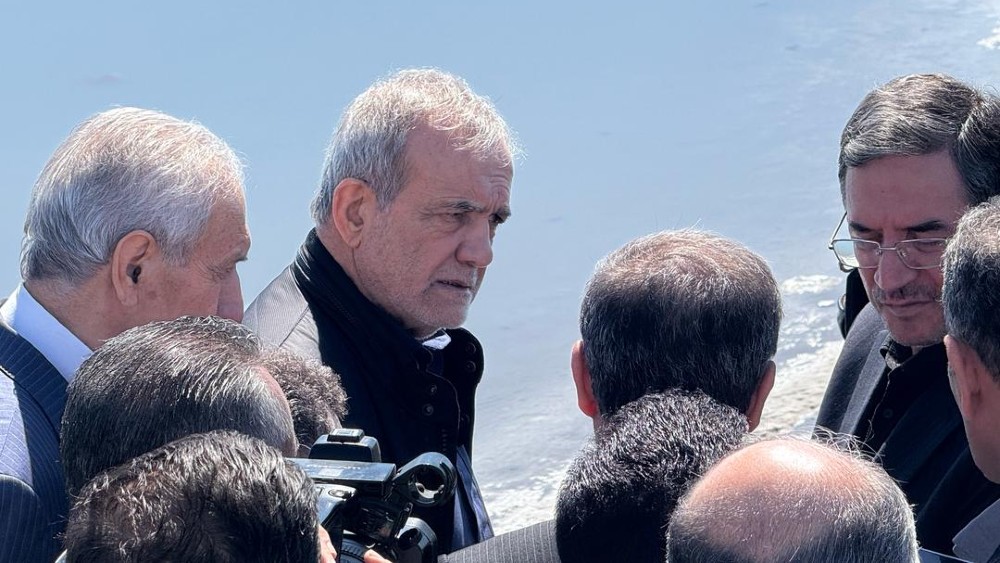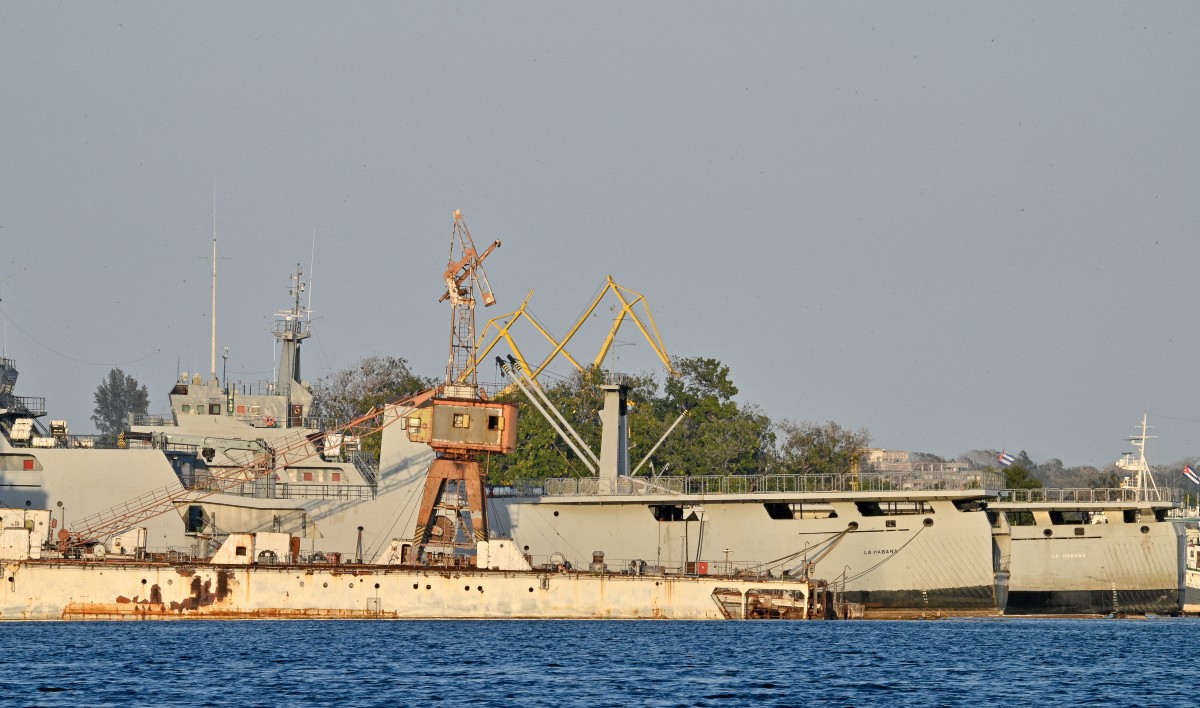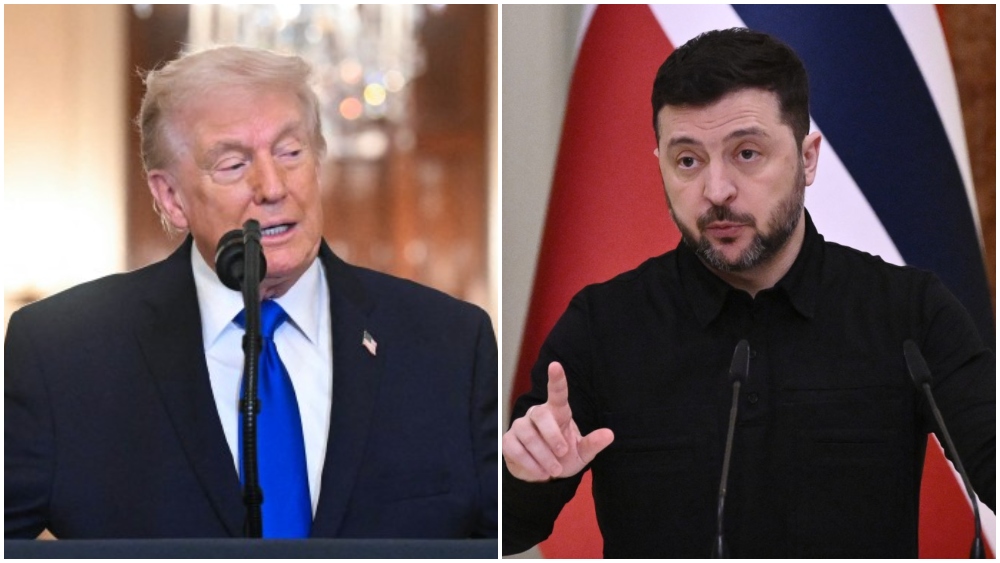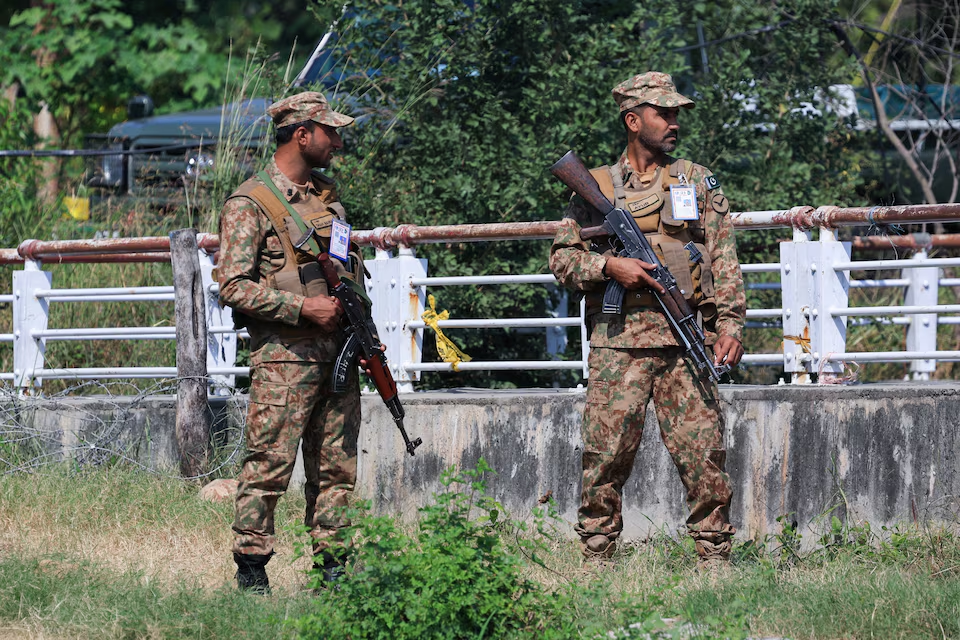ISLAMABAD: Muslim countries, including Qatar and Saudi Arabia, have strongly condemned a deadly terrorist attack targeting Pakistani soldiers in northwestern Khyber Pakhtunkhwa (KP) province this week.
The condemnation comes as Pakistan’s Prime Minister Shehbaz Sharif, during a high-profile visit to the affected region of Bannu, issued a stern warning to Afghanistan’s Taliban-led administration, urging it to sever ties with the Tehreek-e-Taliban Pakistan (TTP) or face diplomatic isolation.
“Choose one of two paths,” PM Sharif said. “If they [Afghanistan] want sincere relations with Pakistan, we’re ready. But if they choose terrorists, then we will have nothing to do with the Afghan interim government.”
Sharif’s comments followed a brutal week of clashes in KP’s Bajaur, South Waziristan, and Lower Dir districts, where Pakistani forces killed 45 militants in three separate intelligence-based operations. Nineteen soldiers were martyred in the confrontations, according to Pakistan’s military media wing, Inter-Services Public Relations (ISPR).
The ISPR said intelligence reports “unequivocally confirmed” the involvement of Afghan nationals in the attacks, calling on Kabul to prevent its soil from being used for terrorist activities.
Meanwhile, global Muslim allies rallied in solidarity with Pakistan:
Qatar denounced the attacks as a “brutal assault” on Pakistan’s armed forces.
Saudi Arabia reaffirmed its “firm rejection of all forms of terrorism.”
Türkiye condemned the attack as “heinous terrorism.”
UAE called it a “criminal act” undermining regional peace.
Kuwait extended condolences to the victims' families and wished the injured a swift recovery.
The repeated cross-border militant incursions have strained relations between Islamabad and Kabul, particularly since the breakdown of a ceasefire with the Tehreek-e-Taliban (TTP) in late 2022. Pakistan accuses the Taliban-led government of harboring TTP fighters, a claim Afghanistan has consistently denied.
Earlier this year, Pakistan began expelling undocumented foreigners, mostly Afghans, a move seen as both a security measure and political pressure on Kabul.
“Terrorists come from Afghanistan and join forces with the TTP to martyr our soldiers,” Sharif said. “We will end this, with or without Afghan cooperation.”
During his Bannu visit, the prime minister attended funeral prayers for the slain troops and visited wounded personnel at a military hospital. He was accompanied by Field Marshal Syed Asim Munir and top military commanders, who briefed him on the security situation.
Sharif also announced plans to convene a federal cabinet session to discuss a national strategy to combat militancy, reiterating that Pakistan’s sovereignty and peace cannot be compromised.
As Pakistan faces a rising tide of extremist violence along its western frontier, leaders and analysts warn that regional security cooperation, especially with Afghanistan, remains critical.
There has been no immediate comment from Kabul in response to these statements from Islamabad.

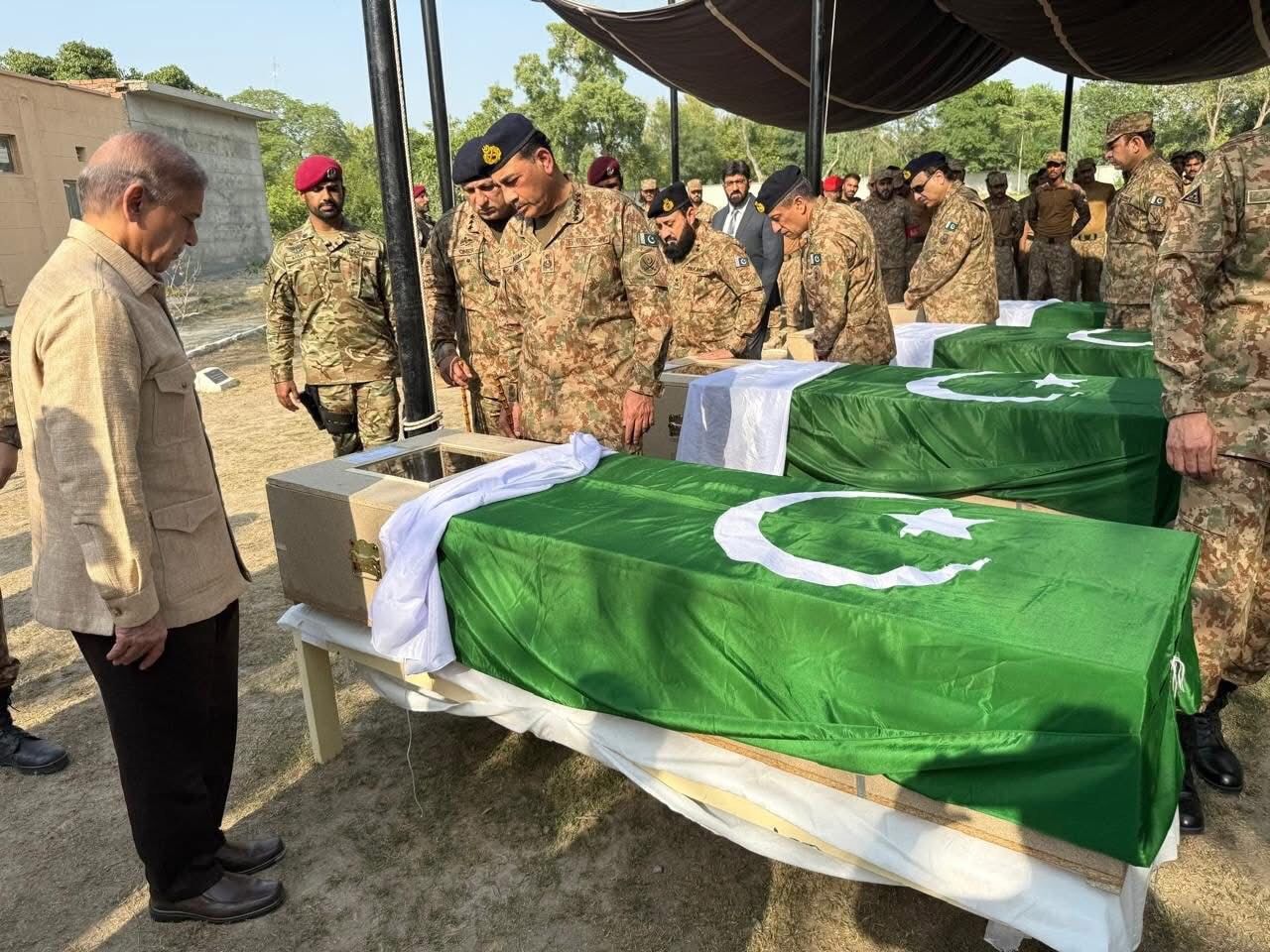
.jpg)
